COVID-19 Complicates Poverty Relief in Cuba
A virus doesn’t discriminate. It doesn’t ask if a country is ready to deal with illness; it doesn’t consider the current struggles of a community or the devastating effects on those who are already fighting to survive. COVID-19 has hit Cuba just like other countries, but a severe lack of critical resources means the Cuban people may suffer more than most.
In a country with 11.5 million people, the official COVID-19 numbers seem rather low, with approximately 1,850 confirmed cases and 80 deaths as of May 14. But these numbers are widely questioned. In fact, a report by Cuba’s own epidemiology center cites 188,816 cases of “acute respiratory diseases” at the end of March. That number is more than twice the weekly average, and experts believe this unprecedented rise was due to early COVID-19 cases that were not officially counted.
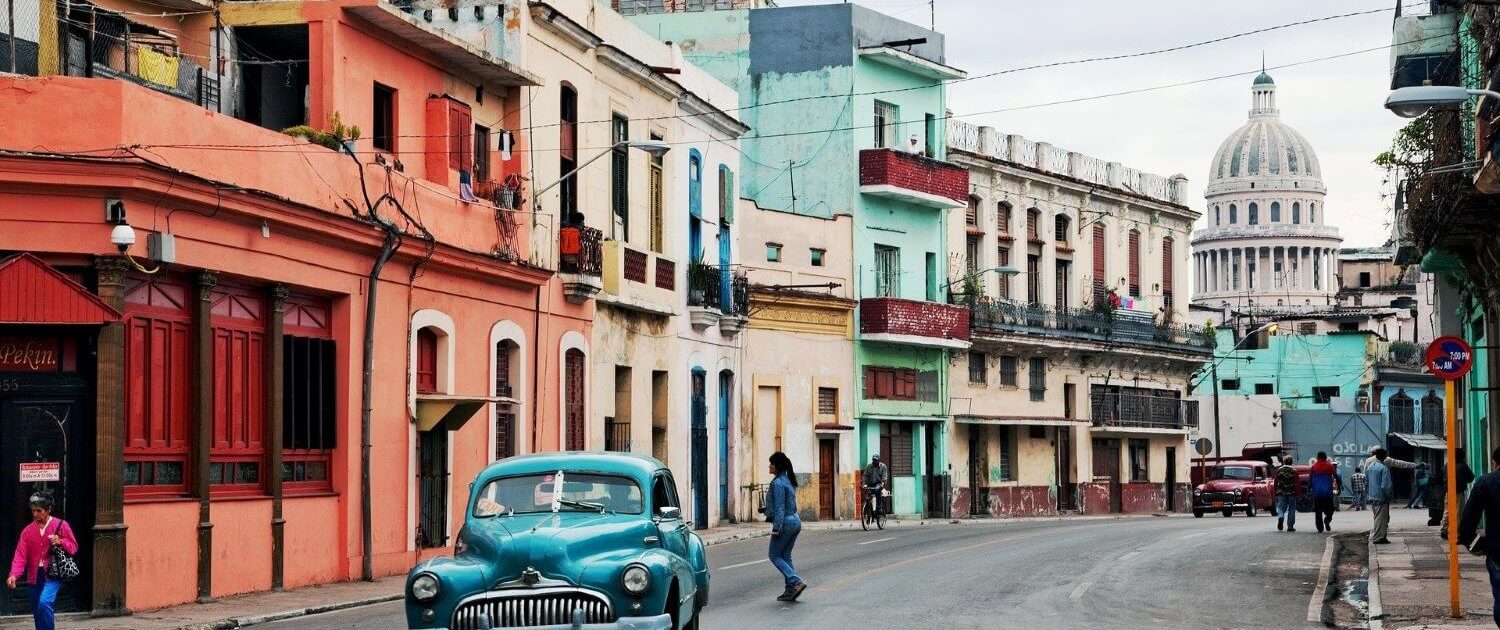
On March 20, Cuban president Miguel Díaz-Canel started acknowledging the issue and ordered travel restrictions. By March 23, the government had closed all schools. This may not sound like much, but this is actually the first time that the socialist regime has closed schools in over 60 years in power. Even in cases of strong hurricanes, the government had only closed schools in certain areas and for a few days. Never before had the government closed schools nationwide and indefinitely.
In other Latin American countries, private and public schools continue their teaching online and/or through television. However, in Cuba only 1% of homes have access to internet and public schools are the only educational option available. Since the Cuban government controls most TV channels, it quickly changed content to educational programming intended to replace school classes. Now, two public channels teach all kinds of subjects, from biology and math to art, training for college admission exams, and even sports. Although this may seem improvised, Cuba has regularly shown educational content on public TV for almost 50 years now. In cases where education has been deficient or it could not be led by teachers in a classroom, the Cuban government has provided and complemented education through TV, and Cuban students are used to this.
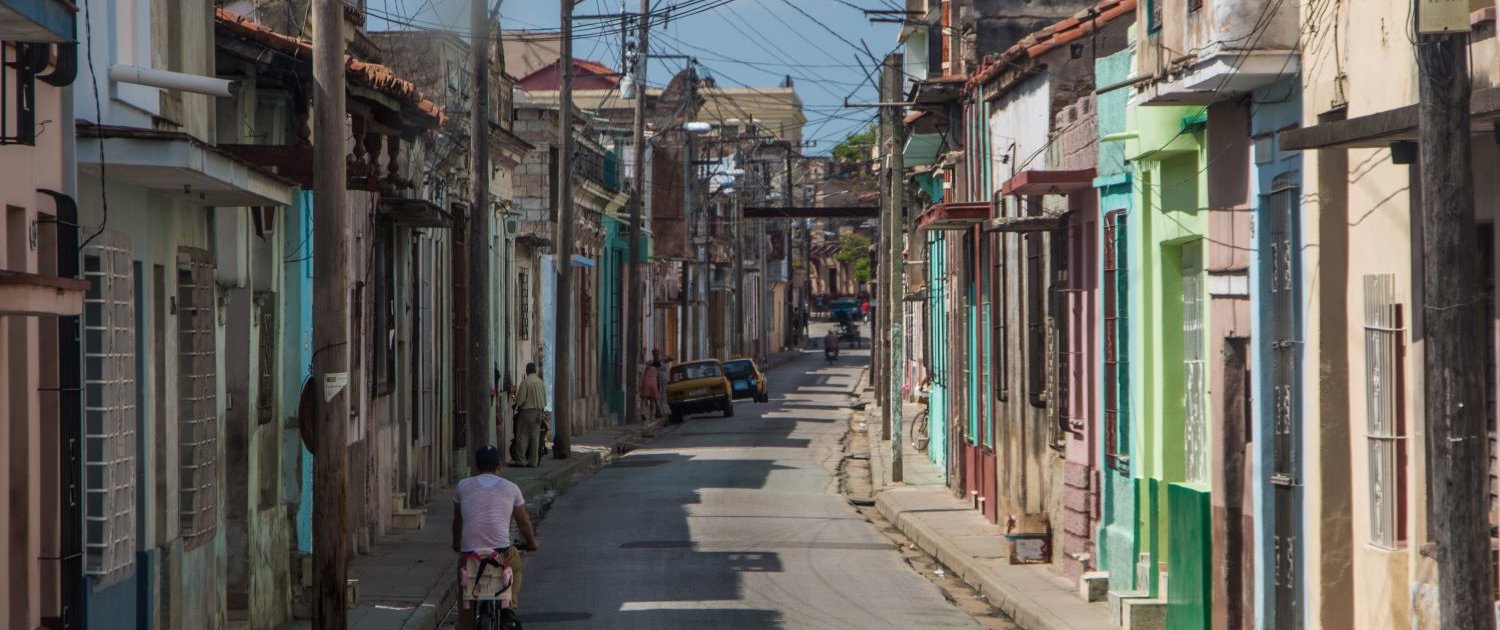
While educational needs appear to be met for the time being, the same isn’t true for other basic services. Although Cuba has the highest ratio of doctors to population in the world – even sending doctors to Europe – there aren’t enough beds for all patients sent to isolation centers. At the same time, the country’s incapacity to generate enough electricity and water has required rationing measures. On top of this, the lines to get food and other basic goods are longer than usual, causing disorder and more chances of infection.
Even though a “social isolation order” is in force, just like in other Latin American countries, day workers and people fighting poverty in Cuba have tended to disregard the regulation. Eduardo González, Global Volunteers’ community partner in Cuba, says poverty drives poor judgement. “Our government is really doing all they can to stop COVID-19, but people are still a little reluctant to follow the rules,” he explains. Unfortunately, for hundreds of thousands of Cubans, the risk of going hungry seems much higher and real than the risk of becoming infected.
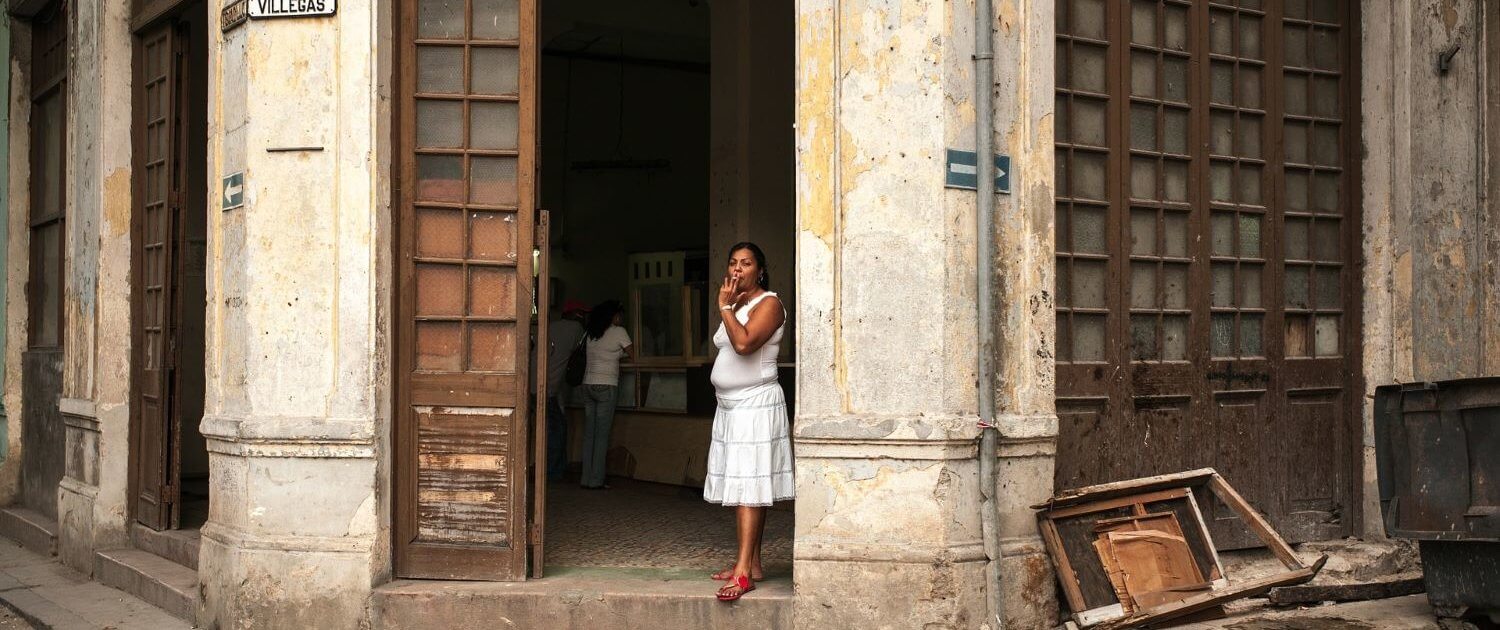
Yet, the resilience of the Cuban people prevails. For decades, Cubans have faced scarcity with courage and creativity. But even the strongest resolve cannot provide the kinds of lives Cubans deserve. The one industry that brought relatively high incomes for Cubans, tourism, is shut down. And it will prove a tough blow for the Cuban economy. Tourism accounts for approximately 11% of Cuba’s GDP, not including off-the-books income like tips. According to data from the U.S. Bureau of Economic Analysis, in the U.S. it would take all government spending to stop for the economy to take an equivalent hit. For a country already struggling to provide for its people, one only needs to imagine how much more difficult the scenario is for Cubans now.
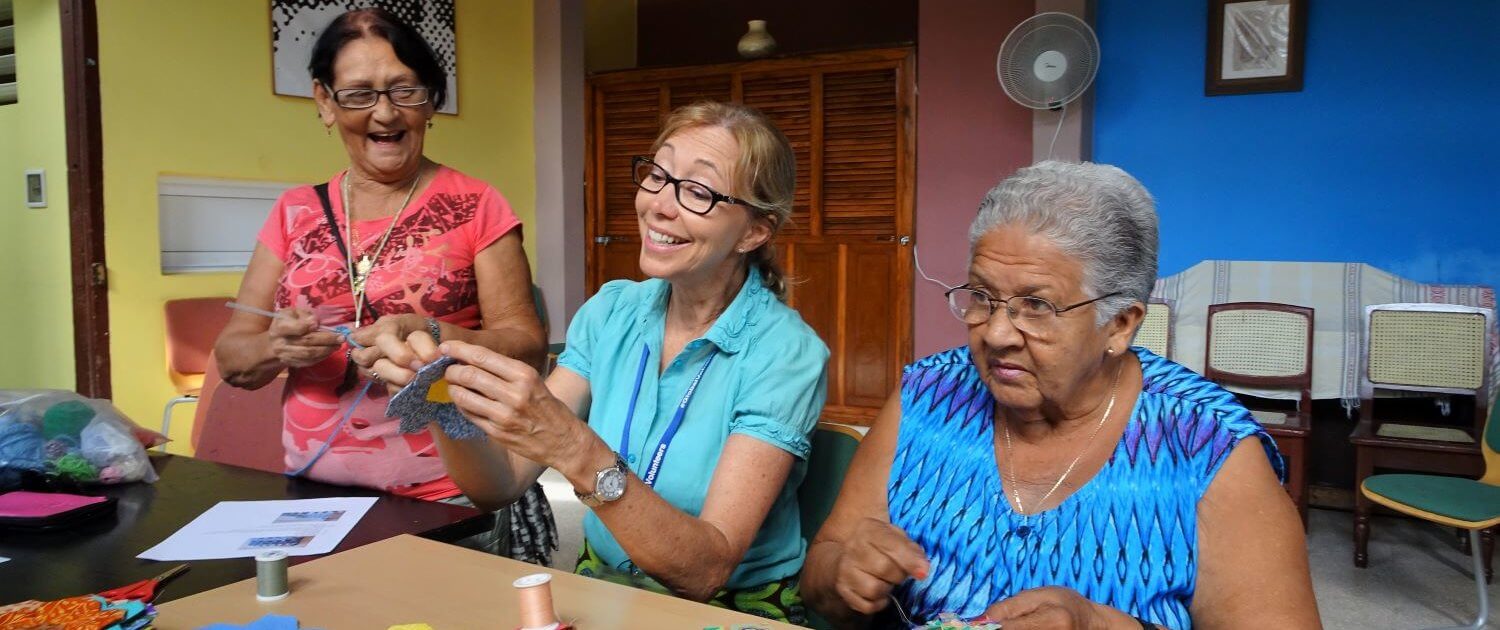
Global Volunteers has supported the Cuban people through volunteer programs since 2012. In Havana and Ciego de Ávila, volunteer team members have provided conversational English instruction to Cubans of all ages as well as donations of educational materials. We have supported local women with classes and materials for women’s craft cooperatives. Volunteers have also provided care for the elderly and improved infrastructure at senior facilities. All our work has always followed the direction of our local community partners and has been made possible by the work and support of our volunteers. However, now in the absence of volunteers, our sole support is through donations to be able to continue the Global Volunteers Cuba Program. When travel to Cuba is again safe, the Cuban people will need you more than ever to recover from the effects of the pandemic. In the meantime, you can learn more about how you can help as a volunteer in Cuba. And, contribute to Global Volunteer’s dedicated Cuba effort here:
More on Cuba:

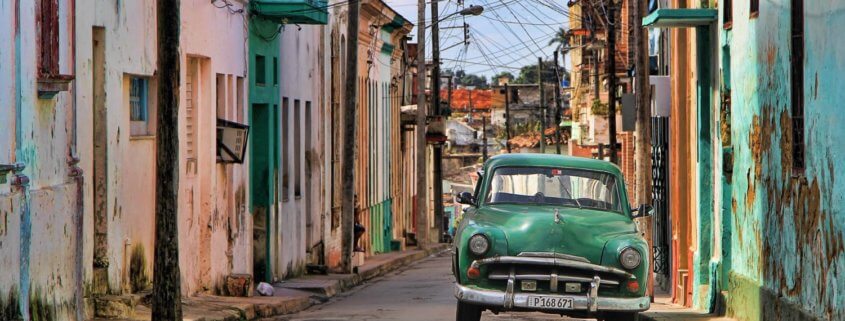


Leave a Reply
Want to join the discussion?Feel free to contribute!